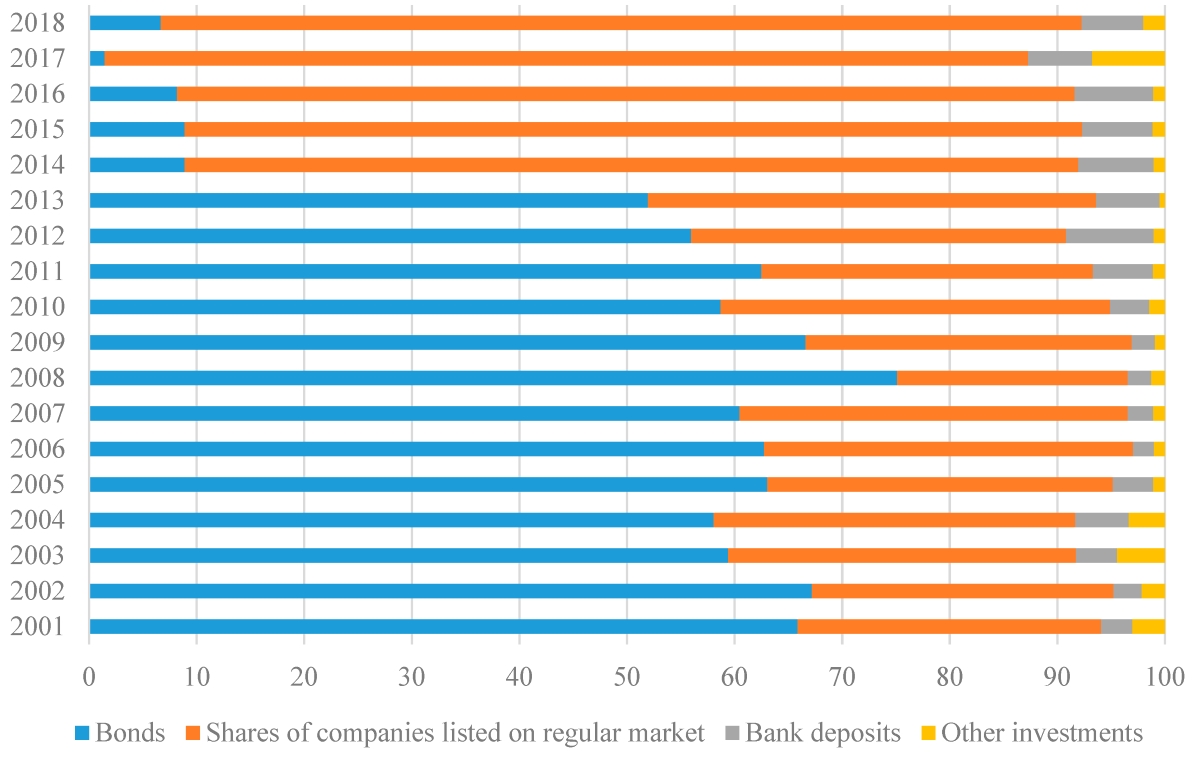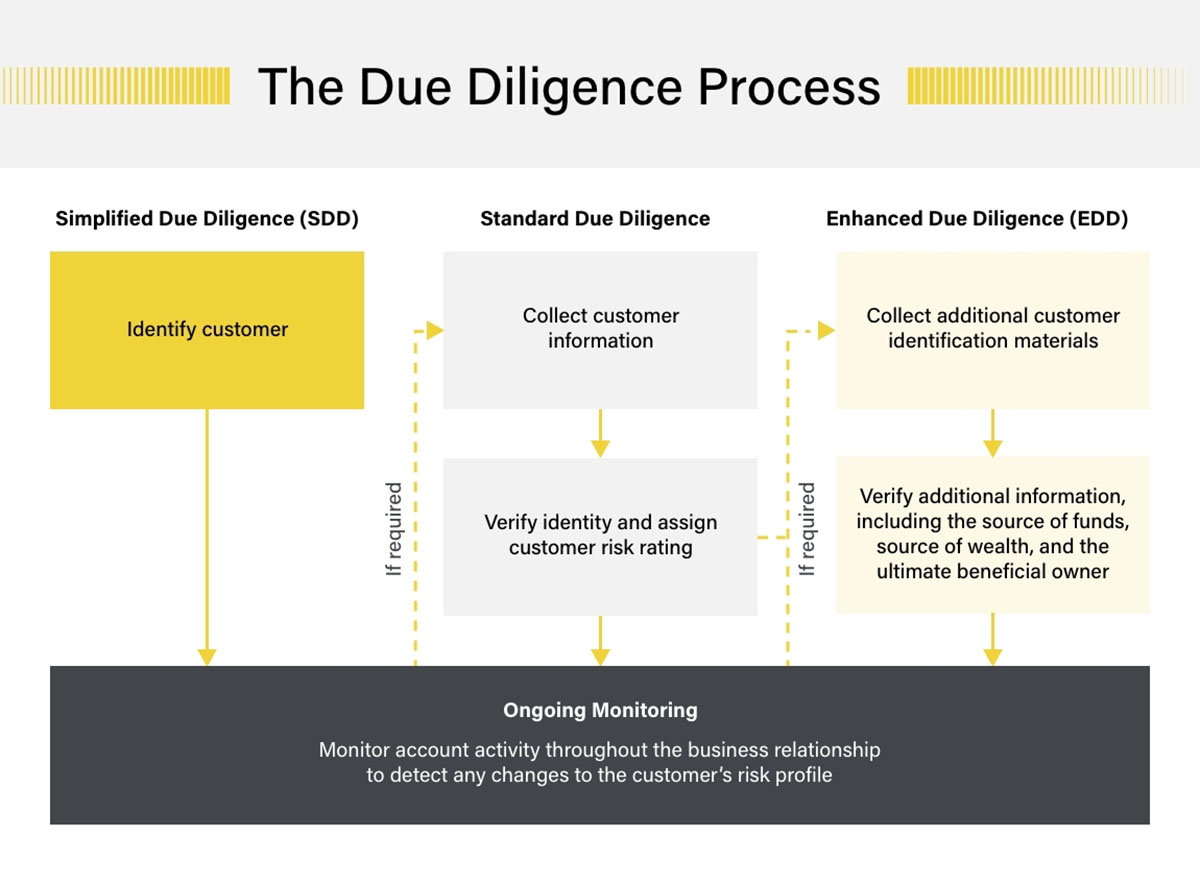

Finance
Mileage Allowance Definition
Published: December 25, 2023
Learn what mileage allowance means in finance and how it can impact your expenses. Understand the definition of mileage allowance and its significance in managing finances.
(Many of the links in this article redirect to a specific reviewed product. Your purchase of these products through affiliate links helps to generate commission for LiveWell, at no extra cost. Learn more)
Mileage Allowance Definition: What You Need to Know
When it comes to managing your finances, it’s important to take advantage of every opportunity to save money and reduce expenses. One often overlooked area where savings can be found is in mileage allowances. But what exactly is mileage allowance, and how can it benefit you? In this blog post, we’ll dive into the definition of mileage allowance and explore its advantages for individuals and businesses alike.
Key Takeaways:
- Mileage allowance refers to the reimbursement given to employees for using their personal vehicles for work-related purposes.
- It can be a tax-free benefit and provides a way for individuals and businesses to lower their transportation costs.
Understanding Mileage Allowance
Mileage allowance, also known as mileage reimbursement or mileage rate, is the reimbursement given to employees for using their personal vehicles for work-related purposes. This can include travelling to client meetings, running work errands, or commuting between different work locations.
For companies, providing mileage allowance to employees is a common practice that allows them to compensate employees for the use of their personal vehicles and reduces the need for a company fleet. It is also an excellent way for businesses to attract and retain talent by offering a tax-free benefit.
Individuals who are self-employed can also benefit from mileage allowance deduction. By keeping track of and deducting their business-related mileage, self-employed individuals can reduce their overall tax liability, effectively lowering their transportation costs.
The Advantages of Mileage Allowance
By utilizing mileage allowance, both individuals and businesses can enjoy several advantages:
- Tax Savings: Probably one of the most significant benefits of mileage allowance is the potential for tax savings. The IRS allows individuals and businesses to deduct standard mileage rates on their tax returns, providing a tax break for using personal vehicles for work purposes.
- Cost Reduction: For businesses with employees who frequently travel for work, providing mileage allowance helps reduce costs associated with maintaining and operating a company fleet. It can also encourage employees to use their personal vehicles, saving the company money on vehicle expenses.
- Fair Compensation: Mileage allowance ensures that employees are fairly compensated for the use of their personal vehicles for work purposes. This benefit can help improve morale and job satisfaction among employees, leading to increased productivity.
- Flexibility: Mileage allowance provides flexibility in terms of transportation choices. Employees can use the most convenient and cost-effective mode of transportation for work-related activities, whether it’s their personal vehicle, public transportation, or rideshare services.
- Easy to Implement: Implementing a mileage allowance program is relatively straightforward, especially with the help of technology. There are various mileage tracking apps and software available that make it easy to keep accurate records of mileage for reimbursement purposes.
In conclusion, mileage allowance is a valuable financial tool for both individuals and businesses. It offers tax savings, cost reduction, fair compensation, flexibility, and ease of implementation. Whether you are an employee looking to make the most of your work-related travel or a business owner aiming to reduce expenses, mileage allowance is definitely worth considering as part of your financial strategy.














